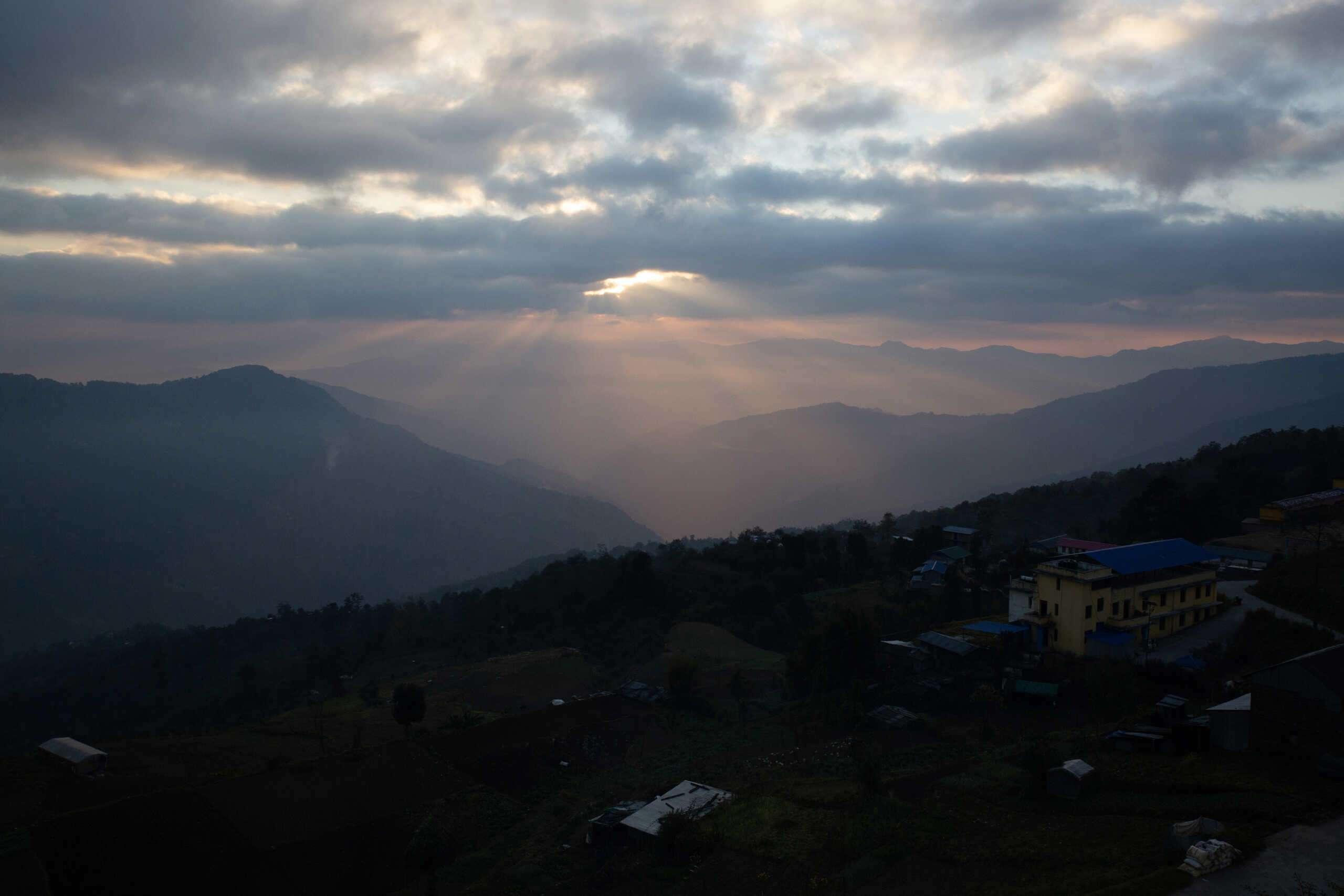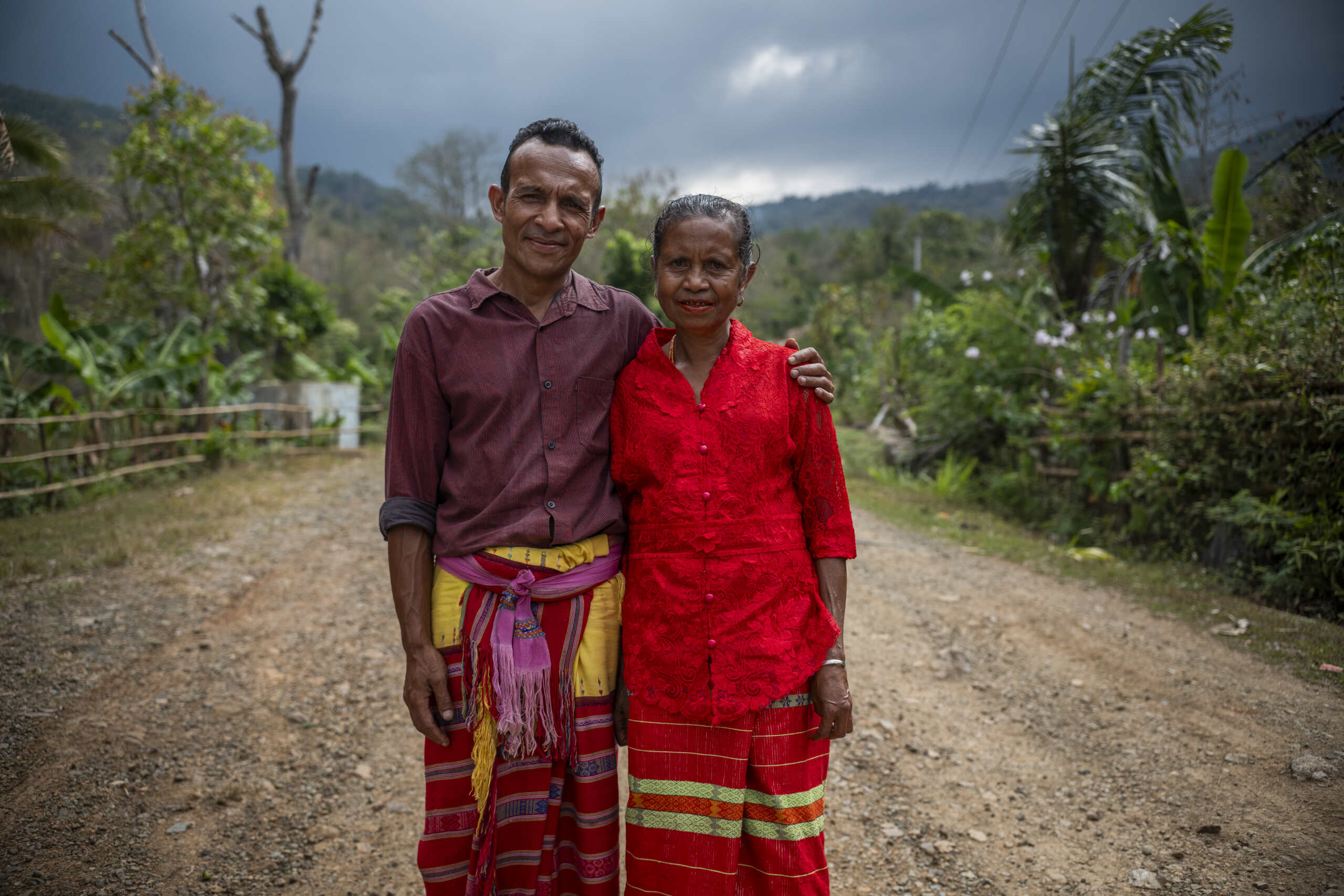Preventing disability through access to quality health care in South Sudan
Stories | January 23, 2024
Who stamps their feet and sings loudly to scare off snakes when walking through the Australian bush on a hot summer’s day? Many of you probably do, even though you know the risk of being bitten is small. Even if you got bitten, you could quickly access lifesaving medical treatment. Can you imagine being bitten and not having immediate access to the necessary medical treatment?
Well, that’s what happened to Mikala, a 12-year-old girl from a remote area in South Sudan. In 2015, Mikala was bitten by a snake on her left foot during the night. It caused a severe reaction on her leg and hindered her ability to walk independently. Mikala and her family spent the next four years desperately searching for a cure. They tried everything, from the run-down hospitals in the capital to traditional medicines. With little progress, their hopes of fixing Mikala’s leg were fading.
In 2019, however, things began to look up for Mikala. She met with a CBM-partner Community-Based Inclusive Development worker who brought her to Usratuna – the local centre for children with disability. CBM had been working with partners in Juba, South Sudan, to improve the quality of life of people with disabilities by promoting rights and access to health and rehabilitation services, inclusive education and livelihood opportunities.
At Usratuna, Mikala received a referral to attend a specialised hospital in Uganda to undergo four surgeries and then insert an external fixative. Finally, Mikala was on the road to recovery.
However, as the Covid-19 pandemic reached the African continent in early 2020, bringing with it the closure of borders, Mikala could not continue travelling to Uganda to complete her treatment. Instead, Mikala attended Usratuna, where doctors received support from the hospital in Uganda on removing the fixative, medicating and monitoring the wound and starting physiotherapy.
Six years later, after many hospital visits, surgeries and rehabilitation, Mikala could walk by herself again. Her newfound independence gave her hope for the future – a future where she may one day work as a doctor or nurse and help others.
CBM acknowledges the support of the Australian Government through the Australian NGO Cooperation Program (ANCP).
https://www.cbm.org.au/stories/preventing-disability-through-access-to-quality-health-care-in-south-sudan
Related Stories

Building inclusive, climate resilient communities in Bangladesh
Highlights from DFAT Post’s visit In January 2026, representatives from the Australian High Commission in...

Week 1 – Lent series 2026
As we enter the season of Lent, we’re taking time as a community to pause, reflect, and draw closer to the heart of God. Lent invites...

How CBM is making a difference in Indonesia
For more than 45 years, CBM Global has been working alongside communities in Indonesia to ensure people with disabilities...
